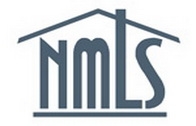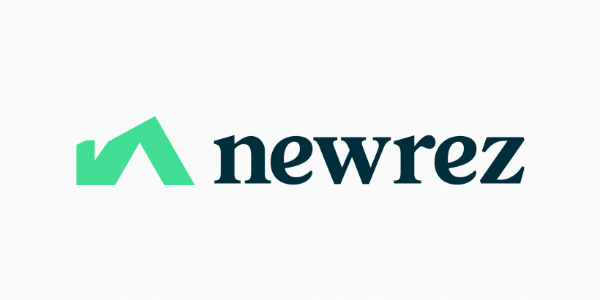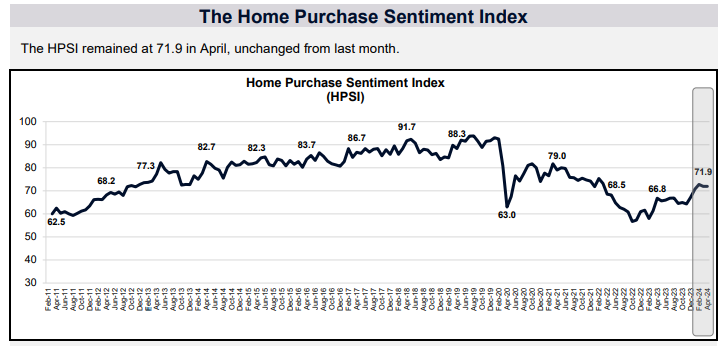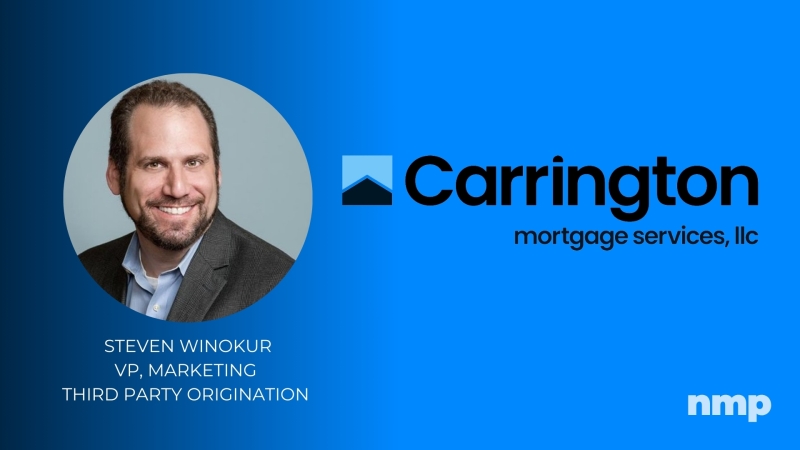Advertisement
HUD to Collect Unique Identifiers Assigned by the NMLS

The Federal Housing Administration (FHA) has released Mortgagee Letter 2011-04 informing mortgagees that the U.S. Department of Housing & Urban Development (HUD) will begin collecting the unique identifiers assigned by the Nationwide Mortgage Licensing System and Registry (NMLS) to individuals and entities participating in the origination of loans submitted for insurance by the FHA. FHA-approved mortgagees and their employees must comply with the NMLS registration requirements of the states and entities with jurisdiction over their activities, and must register in accordance with the guidelines set forth by the NMLS.
Additionally, FHA-approved mortgagees that act as a sponsor for a third-party originator should ensure that their sponsored third-party originators obtain and maintain an NMLS unique identifier (NMLS ID), as is required by the states and entities with jurisdiction over their activities and in accordance with the registration guidelines set forth by the NMLS. HUD will capture NMLS IDs at a number of points in the lender approval and loan origination processes, as described below.
Application for or renewal of FHA lender approval
►HUD will collect the NMLS company ID of lenders seeking approval to participate in FHA programs via a new field in the “Application for Federal Housing Administration Lender Approval” (Form HUD-92001-A).
►HUD will collect the NMLS company ID for lenders seeking to renew their FHA lender approval via the completion of a new field in the renewal screens in FHA Connection. Completion of these new fields will become mandatory upon their release for those institutions that possess an NMLS company ID.
Sponsored originator registration
►As explained in Mortgagee Letter 2010-33, HUD will collect the NMLS company ID of sponsored originators via entry by a sponsoring FHA-approved mortgagee in the Sponsored Originator Maintenance screen in FHA Connection.
Loan processing and underwriting
►Modifications will also be made to FHA Connection to capture the NMLS unique identifiers of parties involved in the origination of a loan submitted for FHA insurance endorsement. FHA-approved mortgagees will be required to complete the following new fields on the FHA Connection case number assignment screen, as appropriate:
•The NMLS ID of the loan officer who took the application from the applicant, and
•For sponsored third-party originator loans, the sponsored third party originator’s company name and Taxpayer Identification Number (if applicable).
This information will allow HUD to provide FHA-approved sponsoring mortgagees with Neighborhood Watch performance data for their sponsored third-party originators, and will assist in ensuring that participants in FHA loan transactions comply with the eligibility requirements governing participation in FHA programs.
Entry of the name and NMLS ID of a loan officer is optional until March 31, 2011. For all case numbers assigned on or after April 1, 2011, this information must be entered in accordance with the following guidelines:
►The loan officer’s first and last name are required; and
►If registered in NMLS, the loan officer’s NMLS ID is required.
For more information, visit www.fha.gov.
About the author





